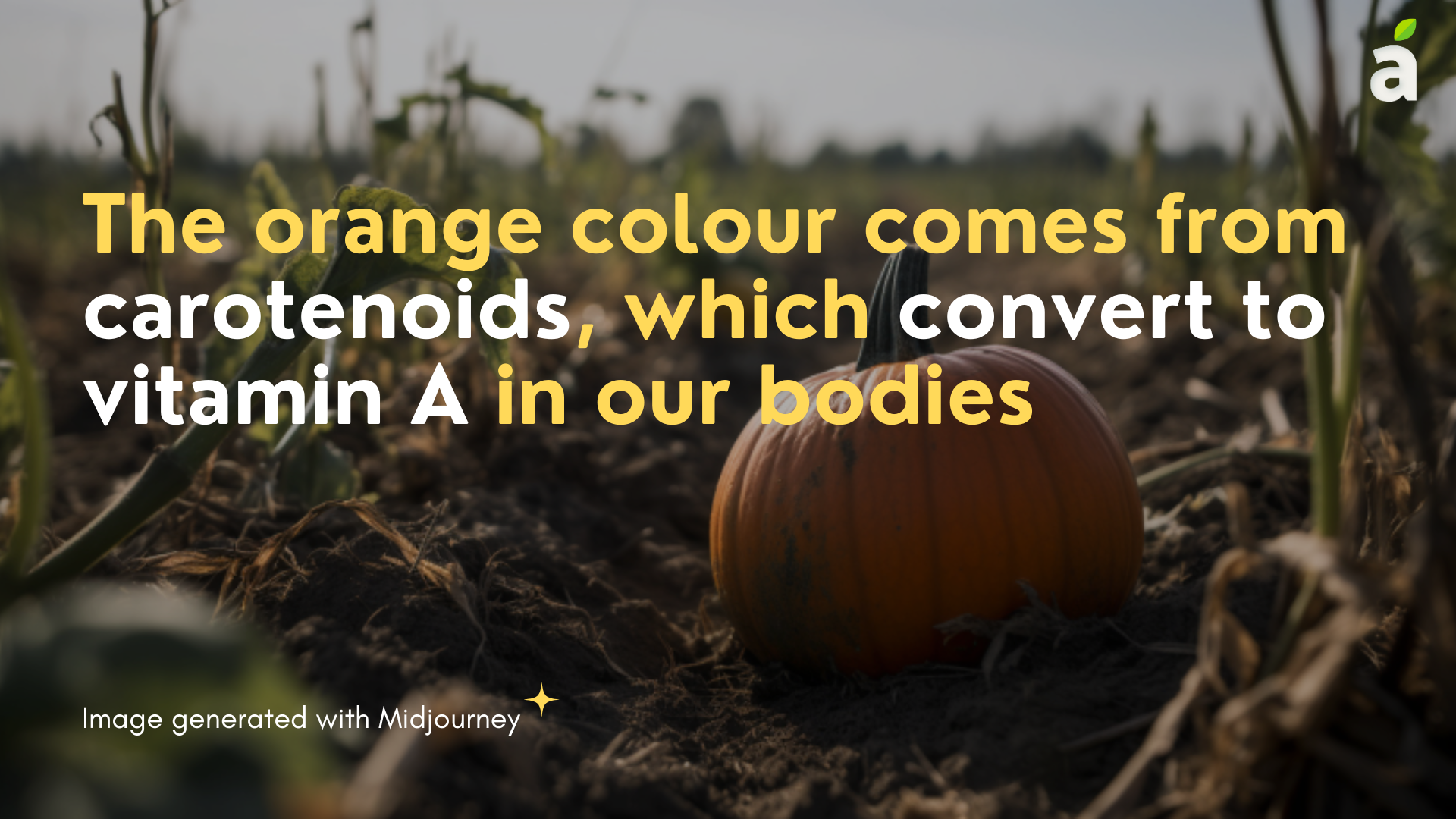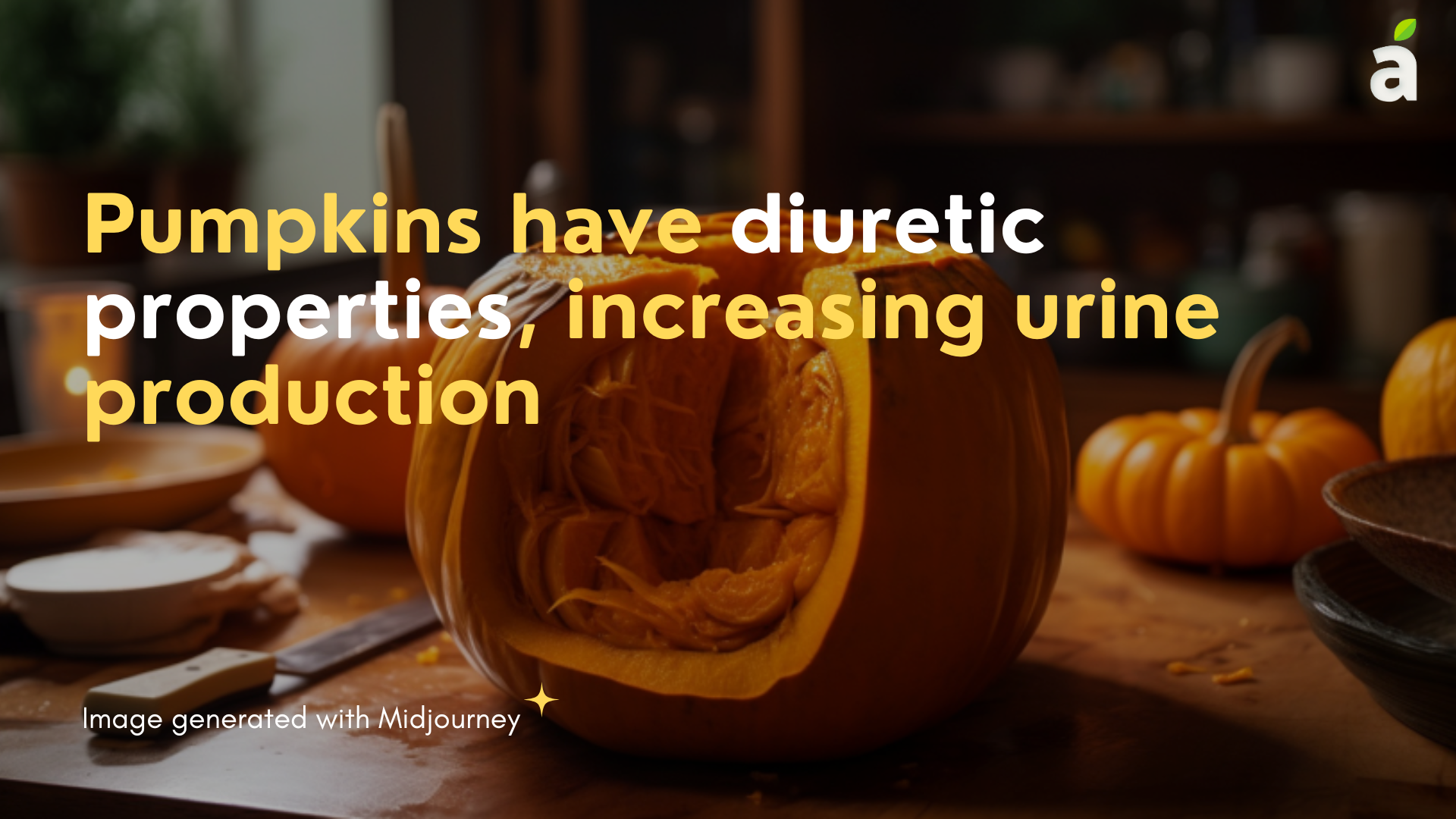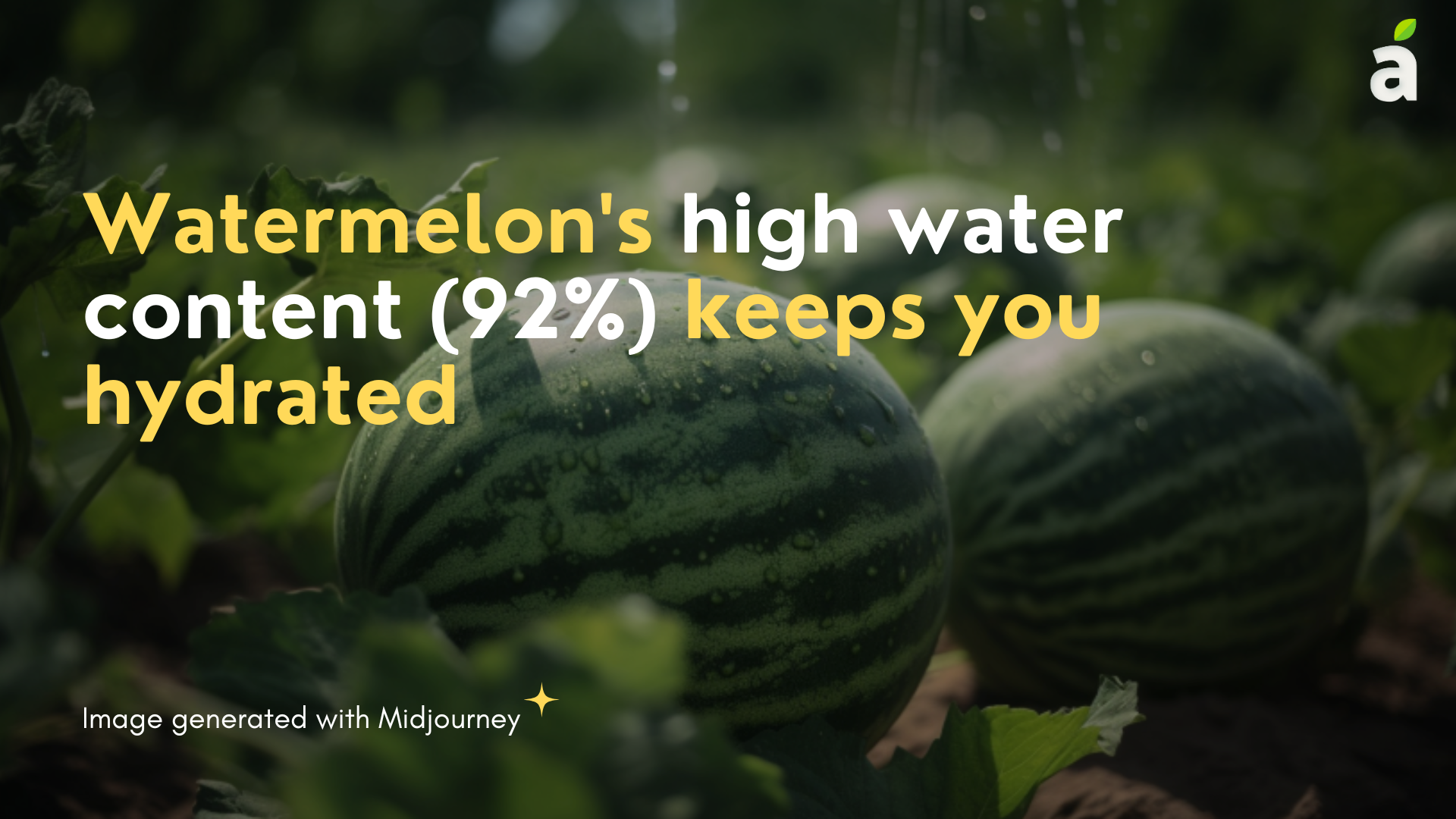Published Date January 24, 2003
Pumpkins: From Gourds to Goodness
By Naurin Ansari
3 min read
Last update date: January 24, 2003

Pumpkins, with their vibrant orange hue and distinctive shape, are popular during Halloween. They open a range of culinary possibilities and offer health benefits. In this blog, we will dive into the world of pumpkins, including their origins, potential acidity, the array of benefits they provide, and considerations for individuals who might want to exercise some caution when consuming them.
What Are Pumpkins?
Pumpkins, also known as Cucurbita pepo, originally came from South America but are now grown worldwide. People use pumpkin seeds and oil to make medicines. Pumpkins have big round fruits with thick skin and sweet flesh. The orange colour comes from special pigments called carotenoids, which turn into vitamin A in our bodies.
Pumpkin seeds have chemicals that can make you pee more, which can help with bladder and prostate problems. Some of these chemicals may also reduce swelling in the prostate. You can eat every part of a pumpkin, even the skin. A fun way to eat pumpkin skin is by making it into crispy chips.[1][2]
Are Pumpkins Acidic?
Pumpkins are slightly acidic in nature, with a pH level of around 4.9. Although they are not as acidic as some other fruits, it's important to remember that they do contain some acidity. While we usually enjoy pumpkin in sweet desserts, it would come as a surprise to a lot of people that these dishes contain some acidity.
On the other hand, pumpkin seeds themselves are not acidic. Once they are dried and roasted, they actually become alkaline. This makes pumpkin seeds a great snack option for those who are conscious of their acid intake or who experience recurring issues with acid reflux.
However, it's worth noting that the level of acidity tolerance can vary from person to person. If you have a sensitive stomach or are prone to acid reflux, it's a good idea to pay attention to how your body reacts to consuming pumpkins.[3]
What Good Are Pumpkins?
Pumpkins offer an impressive array of benefits for both culinary and nutritional purposes. Let's explore some of the reasons why pumpkins are highly regarded:
- Low-Calorie Option: With just 49 calories per cup, pumpkins are a great choice for weight-conscious individuals.
- Rich in Essential Nutrients: Pumpkins offer a wide range of essential vitamins and minerals, including copper, vitamin C, manganese, and potassium.
- Abundant in Vitamin A: Pumpkins are exceptionally high in vitamin A, which supports eye health and boosts immune function.
- Antioxidant Power: The carotenoids in pumpkins act as powerful antioxidants, protecting against oxidative damage caused by free radicals.
- Disease Prevention: Including pumpkins in your diet can help reduce the risk of chronic diseases like heart disease and cancer.
- Digestive Health: Pumpkins are a great source of dietary fibre, promoting healthy digestion and feeling full.
- Versatile in the Kitchen: Pumpkins can be used in various dishes to add flavour and texture, making them versatile ingredients.[4][5]
Who Should Not Eat Pumpkins?
While pumpkins are generally safe and beneficial for most individuals, some people should exercise caution before eating them:
- Allergic Reactions: Some individuals may develop allergies to pumpkins or related plants. It is essential to seek guidance from a healthcare professional if necessary.
- Diuretic Properties: Pumpkins possess diuretic properties, which can increase urine production. Individuals taking lithium medications need to be cautious as they may be affected.
- Allergies: It's possible for some individuals to experience allergies to pumpkins or related plants from the Cucurbitaceae family.
- Sensitive Stomachs: People with sensitive stomachs, acid reflux, or gastrointestinal issues may find that consuming pumpkins can lead to discomfort or may even worsen their symptoms.
- Blood Sugar Management: Pumpkins are relatively low in carbohydrates and have a low glycemic index. Though, individuals with diabetes or those following a strict carbohydrate-controlled diet should monitor their intake to manage blood sugar levels effectively.
- Specific Medications: Certain medications, such as blood thinners or blood pressure medications, may interact with the vitamin K and potassium content in pumpkins.
- Mindful Consumption: Be aware of added sugars in pumpkin-based junk foods like lattes, pies, and candies. Excessive sugar intake is not beneficial for your health.[6]
Takeaway
With their culinary versatility and nutritional benefits, Pumpkins have become a beloved ingredient across cuisines. While not inherently acidic, individuals with sensitive stomachs or specific health conditions may need to exercise caution when consuming pumpkins. Nevertheless, for the majority, pumpkins offer a wealth of nutrients, fibre, and antioxidant protection.
References
- https://www.webmd.com/vitamins/ai/ingredientmono-810/pumpkin
- https://www.ushealthgroup.com/2019/11/18/all-about-pumpkins/
- https://foodfaq.org/is-pumpkin-acidic/
- https://www.talkdistrict.com/health-benefits-of-pumpkin/?keyword=what%20is%20the%20nutritional%20value%20of%20pumpkin&utm_source=bing&utm_medium=cpc&utm_campaign=US%20Campaigns&utm_term=what%20is%20the%20nutritional%20value%20of%20pumpkin&utm_content=Health%20Benefits%20of%20Pumpkin
- https://www.amymyersmd.com/article/health-benefits-pumpkin/
- https://htfd6.org/who-should-not-eat-pumpkin/
Keep reading
Choose Healthy With Us.
Know the real truth about your food. Stay informed and healthy, for free.

Download the App Now
Certified nutritionists trust our food recommendations. Safe to say, so can you :)












